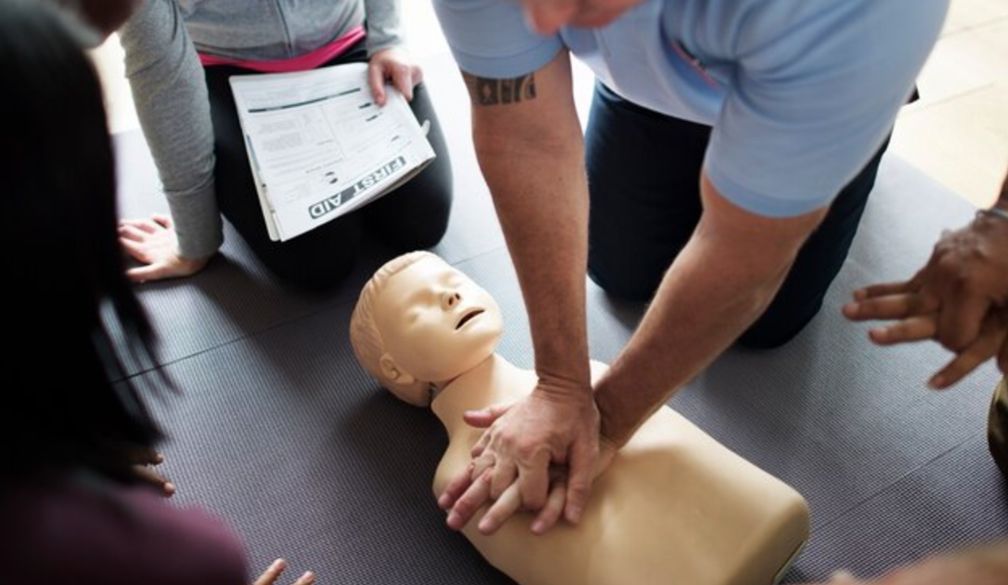A Guide to Different Types of Vacuum Cleaner Filters and How to Maintain Them

Vacuum cleaner filters are essential components of any vacuum cleaner as they help in removing dust, dirt, and allergens from the air. These filters are responsible for capturing small particles that would otherwise escape through the vacuum's exhaust. Vacuum cleaner filters come in different shapes and sizes, and they can be made from various materials like foam, paper, or fabric. Depending on the type of vacuum cleaner, there can be one or more filters that require regular cleaning or replacement. It is important to maintain these filters to ensure that your vacuum cleaner is performing efficiently and effectively. In this article, we will discuss the different types of vacuum cleaner filters NZ and how to maintain them properly.
Types of Vacuum Cleaner Filters
There are several types of vacuum cleaner filters, each designed to capture different types of debris and particles:
HEPA Filters: High-efficiency particulate air (HEPA) filters capture 99.97% of particles as small as 0.3 microns. They are highly effective at capturing allergens, pet dander, and dust mites. HEPA filters are recommended for those who suffer from allergies or asthma.
Pre-motor Filters: These filters are located near the motor and are designed to protect the motor from debris. They capture large particles before they reach the motor and can be made of foam, paper, or cloth.
Post-motor Filters: These filters are located after the motor and capture any particles that may have passed through the pre-motor filter. They are designed to ensure that the air leaving the vacuum is clean and can be made of foam, paper, or cloth.
Charcoal Filters: These filters contain activated charcoal, which is effective at capturing odours and eliminating them from the air. They are often used in pet-specific vacuum cleaners to help eliminate pet odours.
Electrostatic Filters: These filters use static electricity to attract and capture particles. They are highly effective at capturing small particles but need to be cleaned or replaced regularly to maintain their effectiveness.
Microfiber Filters: These filters are made of densely packed fibres that are effective at capturing small particles. They are often washable and reusable, making them a cost-effective option.
The type of filter you need will depend on your vacuum cleaner model and the type of debris you need to capture, including options like cab filters. It is important to check your vacuum cleaner's manual to determine which filter is recommended for your model.
Benefits of Using Vacuum Cleaner Filters
When it comes to keeping your home clean and dust-free, a vacuum cleaner is essential. But, did you know that using vacuum cleaner filters has many benefits? Not only do these filters help keep your home free of dust and other allergens, but they also extend the life of your vacuum cleaner and provide better performance. Let’s take a look at some of the key benefits of using vacuum cleaner filters.
First off, one of the best benefits of using a filter on your vacuum is that it helps to remove allergens such as pet dander and dust mites from the air in your home. These allergens can cause respiratory problems for those with allergies or asthma, so removing them from the air can reduce symptoms significantly. Vacuum cleaners with HEPA filters are especially good at trapping these particles before they have a chance to enter back into the air in your home.
Another major benefit of using a filter on your vacuums is that it helps extend their life expectancy by preventing dirt and debris from entering vital components such as motors or fans. This means you won’t have to replace parts as often or pay for costly repairs due to clogged components within the appliance itself. Furthermore, when less dirt accumulates within these
Maintenance and Care for Vacuum Cleaner Filters
Proper maintenance of vacuum cleaner filters is essential to ensure optimal performance and longevity. Here are some tips for maintaining different types of vacuum cleaner filters:
Pre-motor filter: This filter needs to be cleaned or replaced at least once every three months, depending on usage. To clean, gently remove the filter and tap it against a hard surface to remove any loose dirt or debris. You can also use a soft brush to remove any stubborn dirt. If the filter is damaged or worn, it's best to replace it with a new one.
HEPA filter: HEPA filters are designed to trap even the smallest particles, including allergens, dust, and pet dander. To maintain a HEPA filter, it should be cleaned or replaced every six months to a year, depending on usage. To clean, gently vacuum the filter with a soft brush attachment. If the filter is damaged or worn, it's best to replace it with a new one.
Foam filter: Foam filters should be cleaned at least once a month, depending on usage. To clean, gently remove the filter and rinse it under running water. Make sure the filter is completely dry before reinserting it into the vacuum cleaner.
Carbon filter: Carbon filters are designed to absorb odours and should be replaced every three to six months, depending on usage. If you notice a persistent odour, it may be time to replace the carbon filter.
It's important to follow the manufacturer's instructions when it comes to cleaning and replacing vacuum cleaner filters. By doing so, you'll ensure that your vacuum cleaner is performing at its best and prolong its lifespan.
Conclusion
In conclusion, vacuum cleaner filters play a crucial role in keeping your home clean and healthy. By selecting the right type of filter for your vacuum cleaner and maintaining it properly, you can ensure that your vacuum cleaner continues to operate efficiently and effectively. Remember to clean or replace your filters regularly, according to the manufacturer's instructions, to ensure optimal performance and prolong the life of your vacuum cleaner. By taking good care of your vacuum cleaner filters, you can enjoy a cleaner, healthier home for years to come.





